
Articles on Charles Darwin
Displaying 1 - 20 of 87 articles

New research on cuckoos suggests the battle between exploiters and victims may be a key reason for life’s enormous diversity.

An insect’s physical shape and characteristics indicate which species it belongs to, but sometimes species appear remarkably similar. DNA technologies can help identify and discover species.

The origin of life on Earth is one of the biggest mysteries in science.

My passion for earthworms and ecology led me to continuing Darwin’s experiments in his own ‘back garden’

Charles Darwin knew the evidence from fossils contradicted evolution. Researchers are still trying to work out the problem today.

Scientists have discovered a new species of mosasaur, a sea-dwelling lizard from the age of the dinosaurs, with strange, ridged teeth unlike those of any known reptile.

The fossil record tells conflicting stories about what happened to flowering plants after the asteroid.

We may have become the most complex living creature in part by accident and replication of error.

Reef corals grow vigorously in nutrient poor water – new research has found out why.
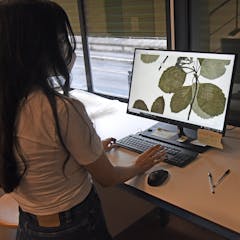
The colonial era profoundly shaped natural history museums and collections. Herbaria, which are scientists’ main source of plant specimens from around the world, are no exception.
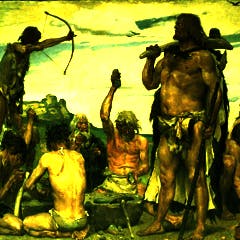
From Aristotle to Darwin, inaccurate and biased narratives in science not only reproduce these biases in future generations but also perpetuate the discrimination they are used to justify.
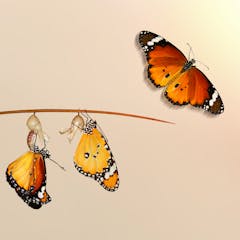
There is more to evolution than the genes species inherit.

Track marks are a way to fill in the blanks that sometimes exist in the body fossil record.

DNA analysis is beginning to reveal how wrong the long-accepted evolutionary tree is.
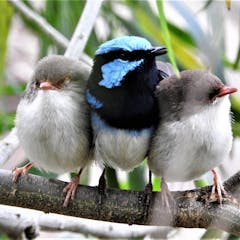
A long-term study of wild animal populations shows each generation is on average almost 20% genetically ‘better’ than their parents at surviving and reproducing.

In 1872, Charles Darwin published a book on expressions and emotions that modern science is only beginning to catch up with.
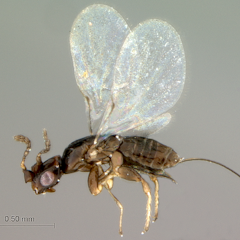
Assuming that natural selection shapes all animal and plant traits is a false impression. Natural selection is a mindless process.

Darwin thought female animals were non-strategic and uniform, making similar decisions.
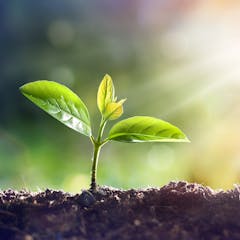
David Attenborough’s new BBC documentary The Green Planet shows plants are stranger than they first appear.
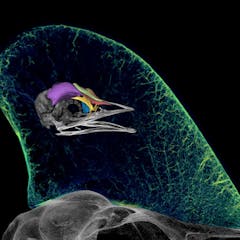
Scientists have been using art to illuminate and share their research with the public for centuries. And art could be one way to bolster K-12 science education and scientific literacy in the public.
